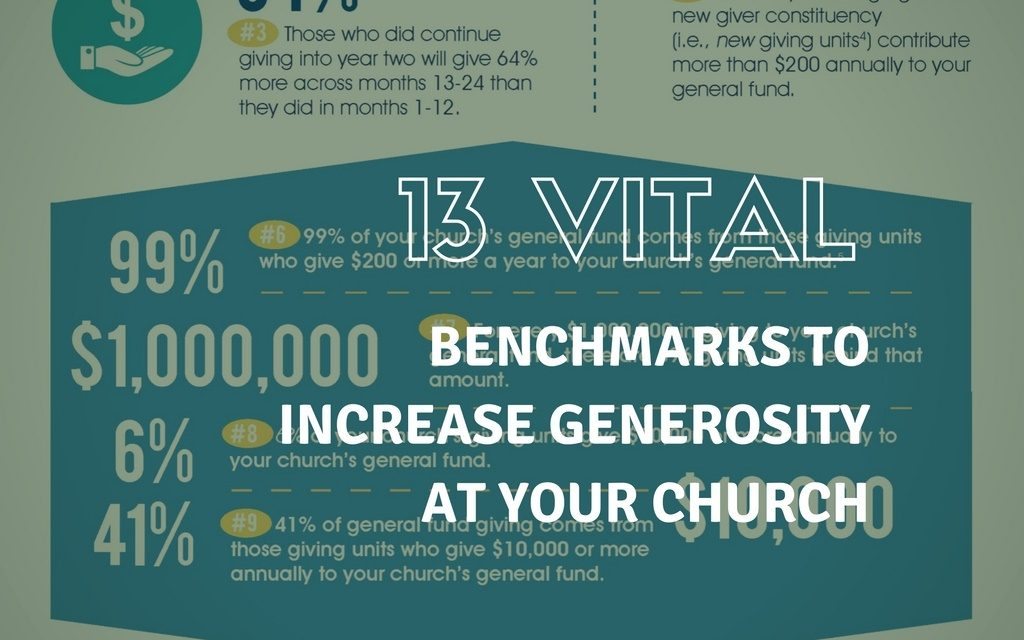Uncover The Fascinating History Of Catholic Institutions And Their Deep Result On Education And Learning-- Could Their Practices Give Insights For Future Discovering?
Uncover The Fascinating History Of Catholic Institutions And Their Deep Result On Education And Learning-- Could Their Practices Give Insights For Future Discovering?
Blog Article
https://graphics.reuters.com/USA-ELECTION/ELECTORAL-COLLEGE/qzjpqaeqapx/ Composed By-Carr Bell
When you think about the history of education, Catholic colleges stand apart for their ingrained customs and long-term impact. These organizations began as a way to infuse confidence and values, but they've adapted extremely over centuries. Today, they play an important role in shaping not just scholastic success however also moral integrity. What's appealing is how they've handled to thrive amidst altering cultural landscapes, questioning regarding their future significance and influence.
The Beginnings of Catholic Education And Learning: A Historic Perspective
Catholic education and learning traces its roots back over 1,500 years, when very early Christian communities recognized the need for organized understanding. You'll locate that these communities intended to hand down their faith and values with education.
Monasteries and sanctuary institutions became centers of understanding, supporting both spiritual and intellectual growth. As you dive deeper, you'll see that the educational program frequently included ideology, faith, and the liberal arts, created to develop versatile people.
With time, the Church established much more formal establishments, making sure that education stayed available to all. The commitment to training moral values and promoting a feeling of neighborhood has lingered via the centuries, forming the instructional landscape and affecting many lives worldwide.
This enduring heritage remains to influence Catholic education today.
The Advancement of Catholic Schools Through Cultural Contexts
As societies developed, so did the role of Catholic schools, adapting to the cultural contexts in which they existed. In https://blogfreely.net/anissa72boyce/advertising-the-entire-kid-belief-mind-and-heart-in-catholic-education-and , these organizations focused largely on religious direction, but as communities branched out, they started to incorporate local languages, personalizeds, and instructional requirements.
You would certainly notice that Catholic institutions often came to be centers for social communication, cultivating a sense of belonging among trainees from numerous backgrounds. In lots of regions, they dealt with social issues, such as hardship and discrimination, by providing obtainable education for all.
As you discover various societies, you'll see how Catholic schools have changed their educational program and training techniques, mirroring the values and obstacles of their atmospheres while remaining true to their fundamental goal of belief and scholastic quality.
The Modern Role and Influence of Catholic Schools in Society
In today's world, Catholic institutions play a crucial function fit not simply the academic landscape, but also the broader area.
You'll locate that these organizations emphasize worths like regard, concern, and social justice, cultivating well-rounded people that add positively to culture. By focusing on scholastic excellence and ethical growth, Catholic colleges prepare students for future obstacles, nurturing crucial reasoning and management abilities.
https://roberto57major.wordpress.com/2025/06/15/outfitting-trainees-for-life-the-comprehensive-approach-of-catholic-education/ offer diverse populaces, linking voids in accessibility to quality education. Furthermore, you could see their commitment to service, motivating trainees to participate in neighborhood outreach and volunteer job.
This blend of education and moral advice makes Catholic schools a considerable pressure, cultivating liable people who can impact their communities right.
Verdict
In conclusion, Catholic institutions have a rich background that's formed their long-lasting influence on society. You have actually seen how they've adapted to different social contexts while keeping a dedication to faith, values, and scholastic quality. Today, they remain to play an important function in promoting community, promoting social justice, and nurturing liable citizens. As you assess their tradition, it's clear that Catholic institutions stay a powerful pressure for favorable change on the planet.
